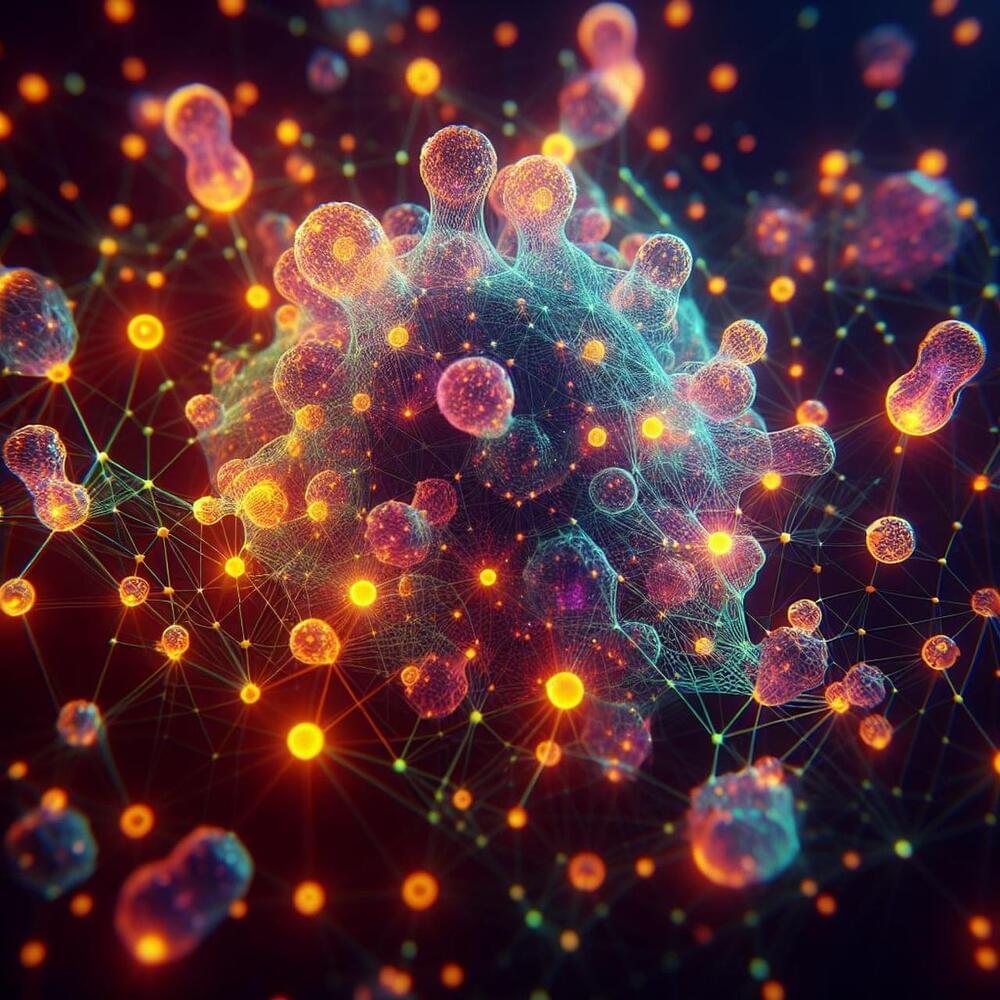Scientists have dedicated their lives to finding a cure for cancer. America became a science hub for cancer research, particularly after President Richard Nixon declared the “war on cancer” in 1971. As a result, extensive research has been published on how cancer functions and different ways to target both solid and hematologic malignancies. Unfortunately, there is currently not a cure for cancer. Although some patients are treated and enter remission, tumors can reoccur. In addition, some tumor types are harder to treat than others. Although the science community is hopeful to effectively treat each type of cancer, more work is needed to discern why some tumors are harder to treat than others.
Many tumors evade the immune system through different mechanisms and mutations. Therapy-resistant cells may stay dormant for a period of time before proliferating, which results in cancer recurrence. Additionally, different surface markers prevent immune cell activation which target cancer. This allows the tumor to proliferate without an immune cell response. Many different immunotherapies being developed target these surface markers to activate T cells, which kill or lyse infections. The type of immunotherapy that refers to the blockade of cell-to-cell interactions is known as checkpoint inhibitors. Checkpoint proteins are surface markers that help the immune cell differentiate from self. More specifically, these cells provide a signal for immune cells to avoid lysing healthy cells and protect from autoimmunity. However, tumors use a selection of checkpoint proteins to avoid immune cell detection.
